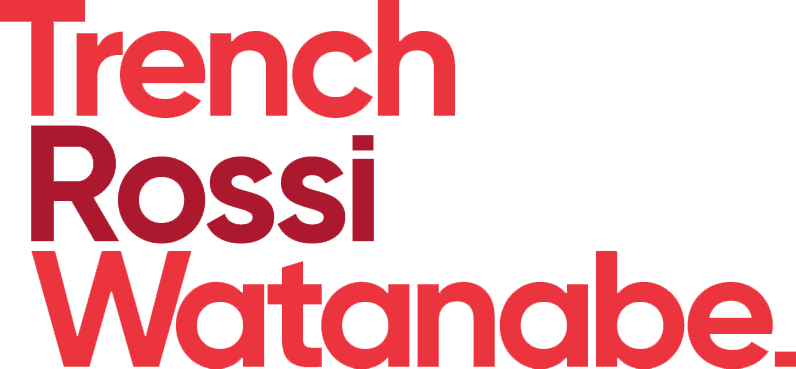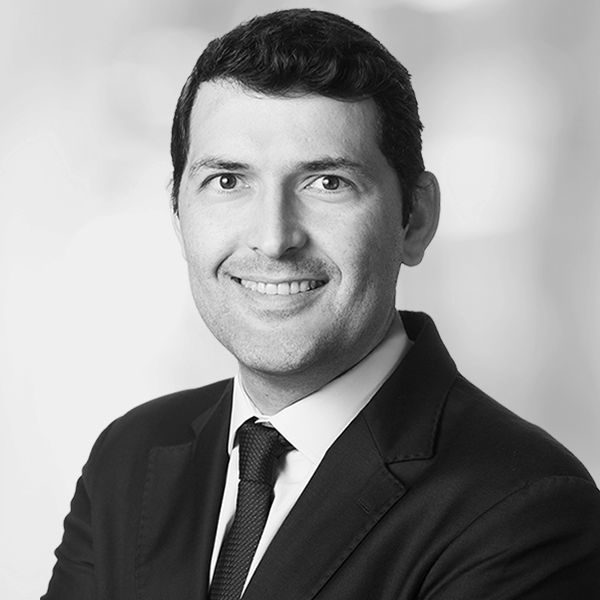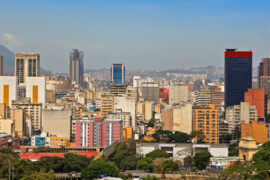In brief
Two new regulations were published on 13 February 2023. The regulations, which directly impact the business sector, are the following: (i) Federal Decree No. 11,413/2023, which established three new reverse logistics credit certificates at the federal level: the Reverse Logistics Recycling Credit Certificate (CCRLR), the Certificate of Structuring and Recycling of Packaging in General (CERE) and the Future Mass Credit Certificate; and (ii) Federal Decree No. 11,414/2023, which reinstituted and reformulated the pro-scavengers program, subject of former Federal Decree No. 7,405/2010, revoked in 2020. The new program was nominated in the Diogo de Sant’Ana Pro-Scatter and Pro-Catcher Program for Popular Recycling.
In more detail
The new Federal Decree No. 11,413/2023 officially revokes the Recycling Credit Certificate (“Recicla+“) program instituted by Federal Decree No. 11,044/2022. Thus, the three new certificates, which have different objects and specific purposes within the scope of reverse logistics systems, will come into force on 14 April 2023:
- Reverse Logistics Recycling Credit Certificate (CCRLR): This is the document issued by the management entity, which proves the return to the production cycle of the equivalent mass of products and/or packaging subject to reverse logistics. The said certificate will be individualized by company, adhering to the collective model, and may be acquired by manufacturers, importers, distributors and traders for purposes of proving compliance with reverse logistics goals.
- Certificate of Structuring and Recycling of Packaging in General (CERE): This is the document also issued by the management entity, which certifies the company as the holder of a structuring project in the recovery of recyclable materials and proves the return to the production cycle of the equivalent mass of the products or packaging subject to reverse logistics and recycling. The structuring project should last between two and five years. In addition, it will only be characterized when the companies comply with the legal requirements, among them demonstrating that more than 50% of their goal of packaging recovery in general is achieved through a partnership with individual collectors, cooperatives of collectors or entities whose waste origin is proven to be collectors.
- Future Mass Credit Certificate: This is the document issued by the management entity that allows the company to earn in advance the fulfillment of its reverse logistics goal, referring to the mass of recyclable materials that will be reintroduced into the production chain in subsequent years. This forecast was also widely welcomed by the agents involved, in order to make it possible for advance financial investments to implement structuring systems that allow the dry recyclable fraction contained in urban solid waste to be diverted from landfills and dumps, since assumptions of socio-environmental impact are adopted, they can be used to fulfill reverse logistics obligations.
The establishment of these three new certificates was awaited by the business sector and the collectors’ movement, especially for formalizing and recognizing the structuring systems and future mass credits, bringing incentives for better organization and greater investments in inclusive selective collection. Many of the criticisms made by the Brazilian Association of Members of the Public Ministry for the Environment (ABRAMPA) to the then Recicla+ decree were also addressed.
Deadlines of 12 months were established for companies and 24 months for individual collectors and organizations, for the adequacy, systematization, implementation and operationalization of the Waste Transport Manifest – MTR of SINIR, as a way to enable the entire recycling chain of materials that can be connected and tracked through the system.
On the same date, Decree No. 11,414/2023, which instituted the Diogo de Sant’Ana Pro-Scatter and Pro-Catcher Program for Popular Recycling and the Interministerial Committee for the Socioeconomic Inclusion of Reusable and Recyclable Material Collectors, was also published. It is worth remembering that the pro-pickers program was originally instituted through Federal Decree No. 7,405/2010, which was revoked in 2020.
In short, the objective is to promote the following: (i) strengthening of associations, cooperatives and other forms of popular organization; (ii) improvement of working conditions; (iii) promotion of public funding; (iv) socioeconomic inclusion; and (v) expansion of selective solid waste collection, solidary selective collection, reuse, recycling, reverse logistics, and environmental education.
Its implementation must be carried out in cooperation with bodies or entities of the federal, state, district and municipal public administration, aimed at the promotion and defense of the human rights of waste pickers, who voluntarily adhere to it through a term of adhesion.
The Interministerial Committee for the Socioeconomic Inclusion of Collectors of Reusable and Recyclable Materials was also reinstituted, with the objective of coordinating the execution and carrying out the accompaniment, monitoring and evaluation of the program in question.
Our Environment, Climate Change and Sustainability team has been closely following developments on the topic and remains available to talk about the impacts of the new decrees on your company’s day-to-day activities.
* * * * *

Trench Rossi Watanabe and Baker McKenzie have executed a strategic cooperation agreement for consulting on foreign law.






